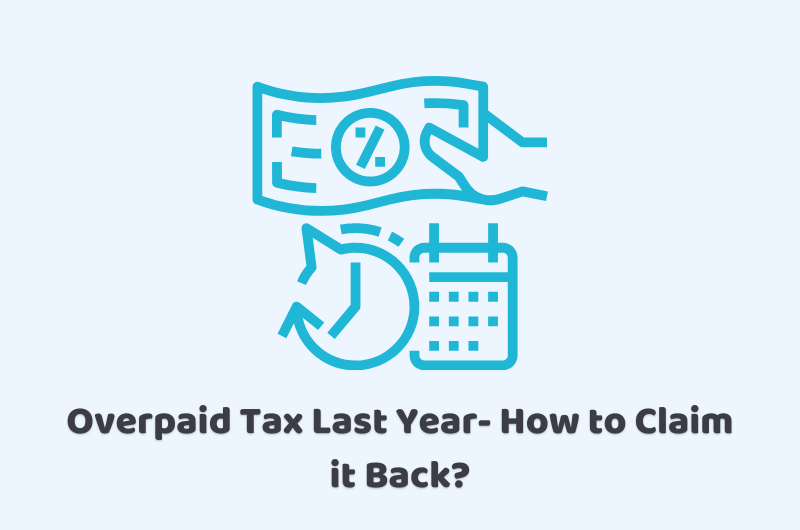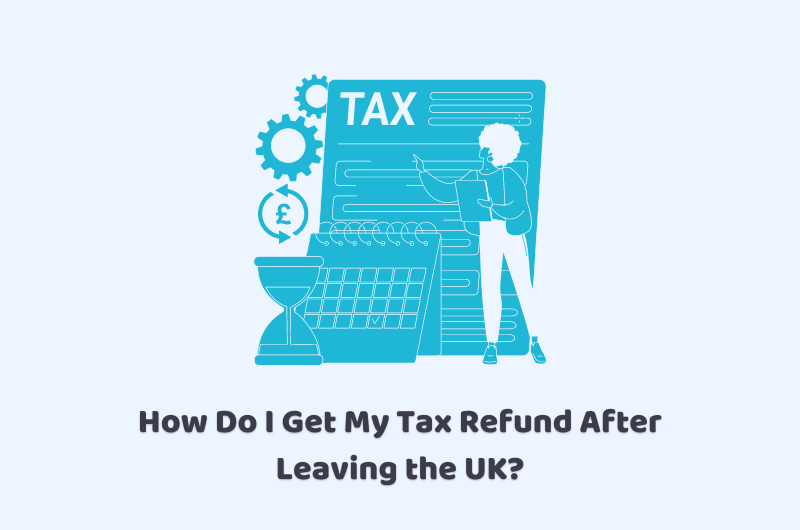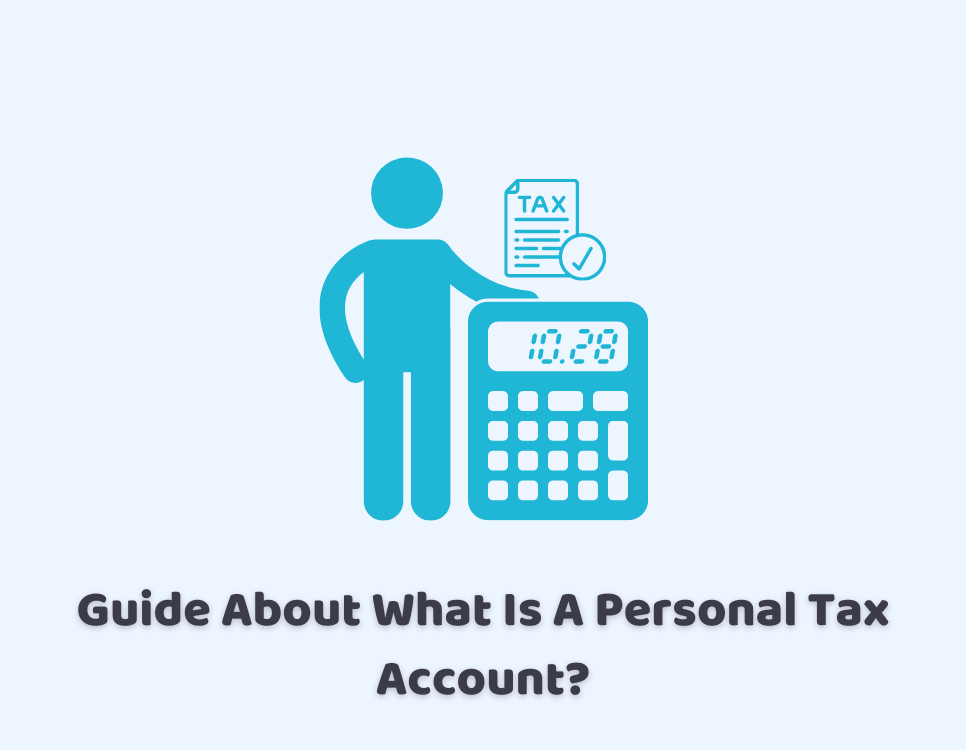
11/01/2023tax , Tax Issues , Tax News and Tips , Tax Saving Tips , Taxation
This happens quite a lot many times with people who get into a situation that makes them do tax overpayments in the UK. The reason behind the tax overpayment can be different in every person’s case. One of the famous examples is about the people who do not work for the whole tax year and do not receive the personal allowance fully. One of the common reasons that make people fall for the situation of tax overpayment is their incorrect tax code. This is when the historic benefits in kind are being reflected rather than the current benefits in kind. This is why your salary is not according to your expectations. The tax reductions are more than what you actually owe to HMRC. You are responsible for keeping yourself aware of how to get a p800 to avoid such unfavourable circumstances.
This guide has got you covered as we have compiled the focused points of discussion. This involves the overpayment of tax through PAYE, self-assessment overpayments, and other relevant facts.
Reach out to our smart and clever-minded guys to get the answer to how to get p800 in the UK queries answered quickly. We will help to decide how to deal with your tax implications.
What is the Overpayment of Tax Through PAYE?
Reconciliation is often done by HMRC that is for the purpose of reflecting the tax year. This helps them a lot to have a clear picture of how much tax they have received and what is the exact amount of tax that the businesses and individuals owe to HMRC. The gathered information of both the information does not turn out to be the same, HMRC tends to send a P800 form to the individual who has not paid what he actually owed to HMRC. This might include a simple assessment or the tax calculation that explains the difference between what you have paid and what you owe.
Moreover, if you are the one who is experiencing the calculation or a from P800 received by HMRC, you need to get alert and consciously check where you have made the mistake in the tax returns. Also, keep a track of details sent by HMRC. This is important because there are chances of mistakes made from the other side. There is no doubt that HMRC can make mistakes in calculations or other details as well.
How is Self-Assessment Overpayment of Tax is Possible?
When an individual is having a main job and there are other multiple sources to make the amount of income like side gigs, this means the person is within self-assessments. Sometimes when you have made the mistake of tax overpayment, the tax refund will easily be processed right after the tax returns are submitted by you. The chances of tax overpayments rise in scenarios where the salary turns low in the current tax year in comparison to the previous tax year, however, your tax liability is entered without a follow-up in the current year, this is one of the major reasons for tax overpayments. This issue can be sorted by the repayments of the extra paid money by the individuals.
How to Claim Back the Overpayment of Tax in the UK?
If you are an employee in the UK who is getting income through the PAYE system, it is quite possible that you will end up paying too much tax. The reason behind these overpayments can be different in multiple scenarios. According to the explanation by HMRC for overpayment of tax, there can be a range of reasons behind this mistake. You are even allowed to get the explanation of why overpayment of tax happened in the case of pension income. For any further details, you can directly get in touch with HMRC over a phone call. This is known to be a quick medium. There are different protocols in this regard.
This will help you to make claim. However, before you plan, to make a claim for a refund, you will have to gather certain details of the information. This includes the following:
- You will have to provide basic details like your full name, your address, your national insurance number, and your date of birth.
- The basic information related to your pension provider
- The basic details of your employer
- The number of your earnings and pension that belongs to the current year.
How to Get a P800 – How is it Related?
This is the job of your boss, employer, and pension provider to get the details of how much money you are earning and what amount of tax you are paying. This will have to be shared with HMRC. This information further helps HMRC to check what is the amount of tax you should be paying. They send you the form P800 afterwards which explains what is the exact amount of tax that you owe to HMRC. This includes all the relevant information and other calculations as well.
The Bottom Line
Now that you have gathered a fair amount of information about how to get a p800 in the UK, we can bring the discussion towards wrapping up. This is easy to claim if you have overpaid the tax due to any genuine reason or if the mistakes were observed on behalf of HMRC. However, this needs a professional analysis to get the right details and rectify them according to the need of the current tax year.
Our team of professional members loves to hear out your business problems and find out the possible and suitable solutions quickly for small businesses’ accounting problems. Call us or email us today.
Disclaimer: The general information provided in this blog about how to get a p800 in the UK includes text and graphics. It does not intend to disregard any of the professional advice.



